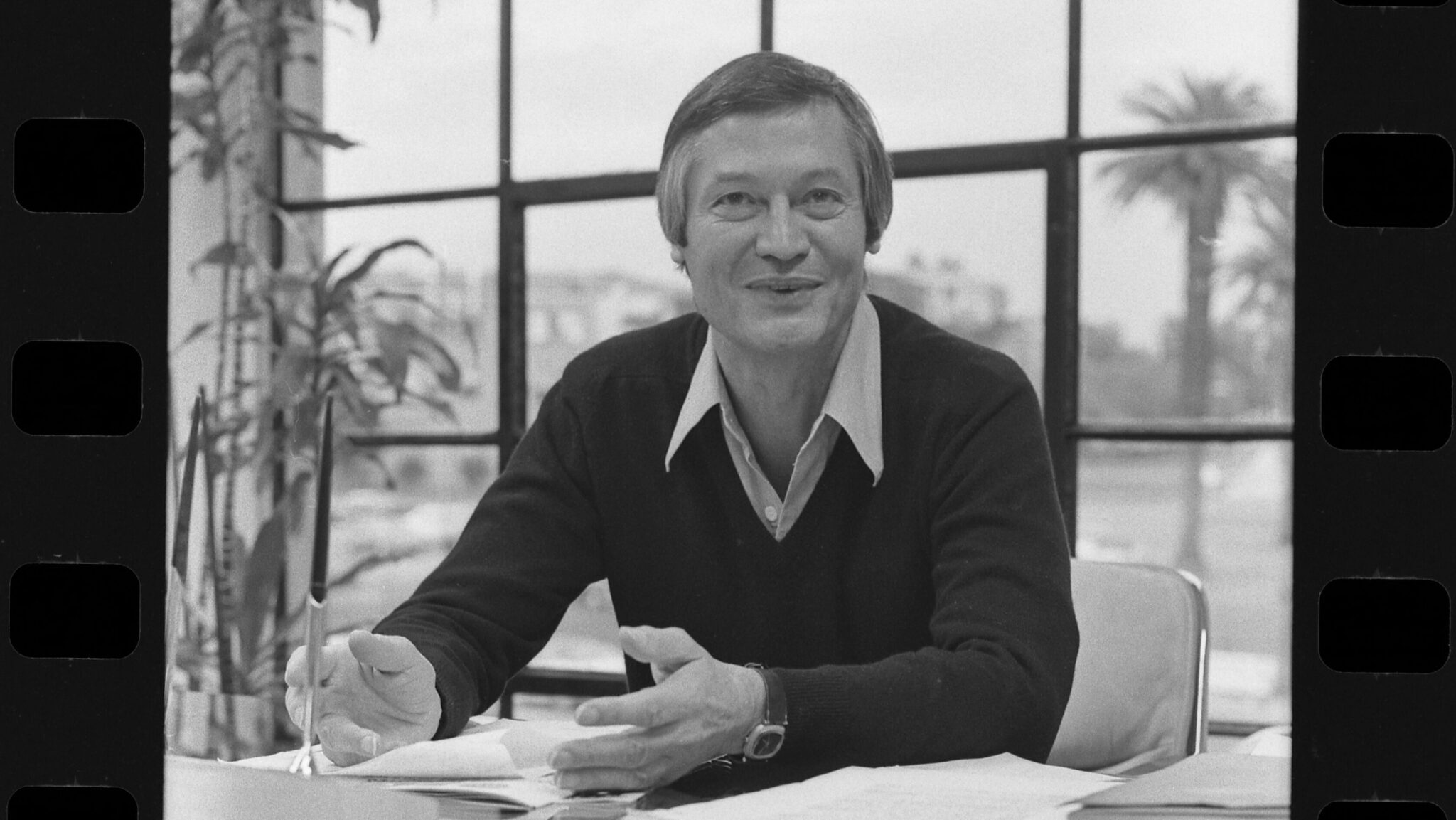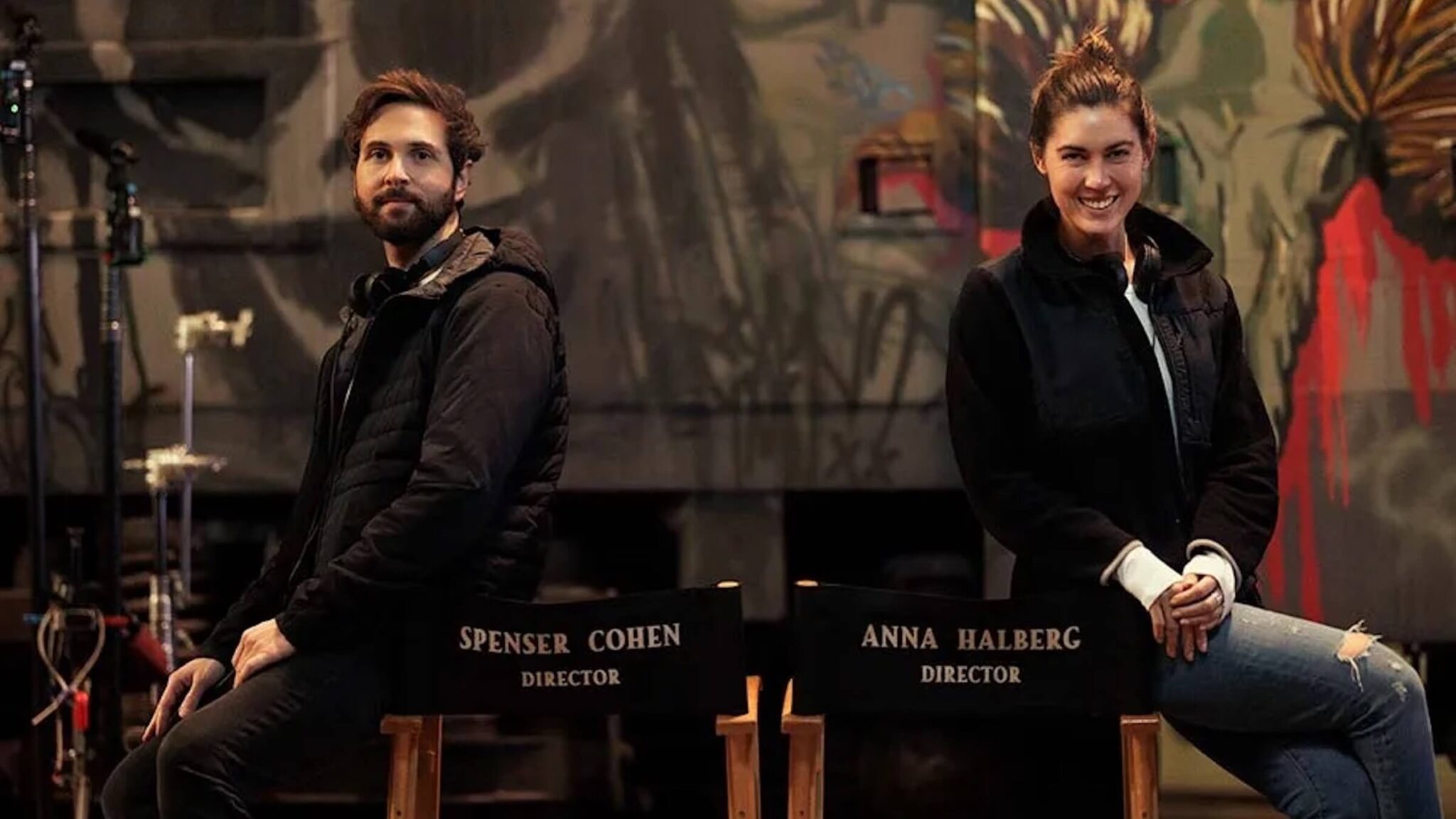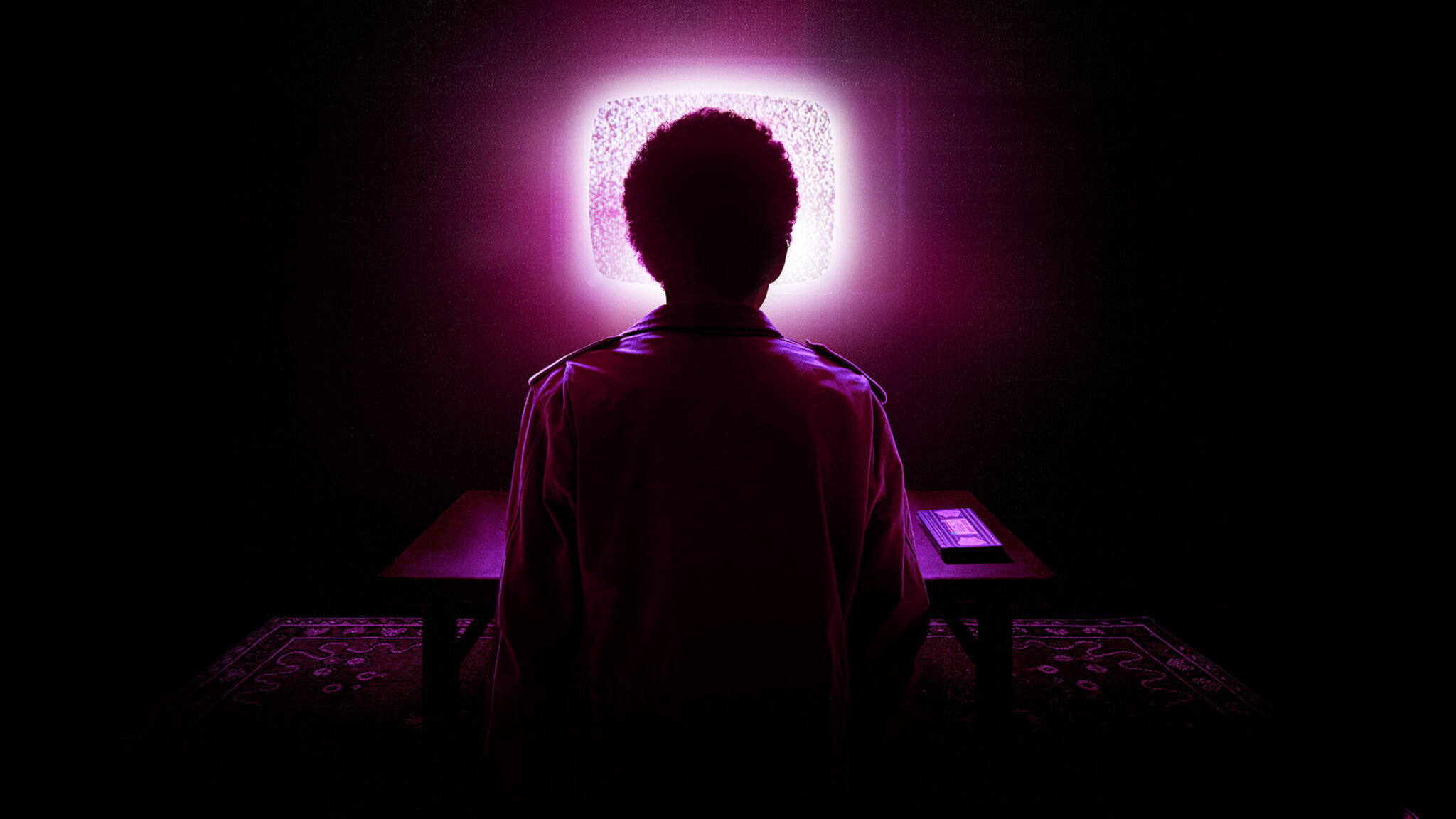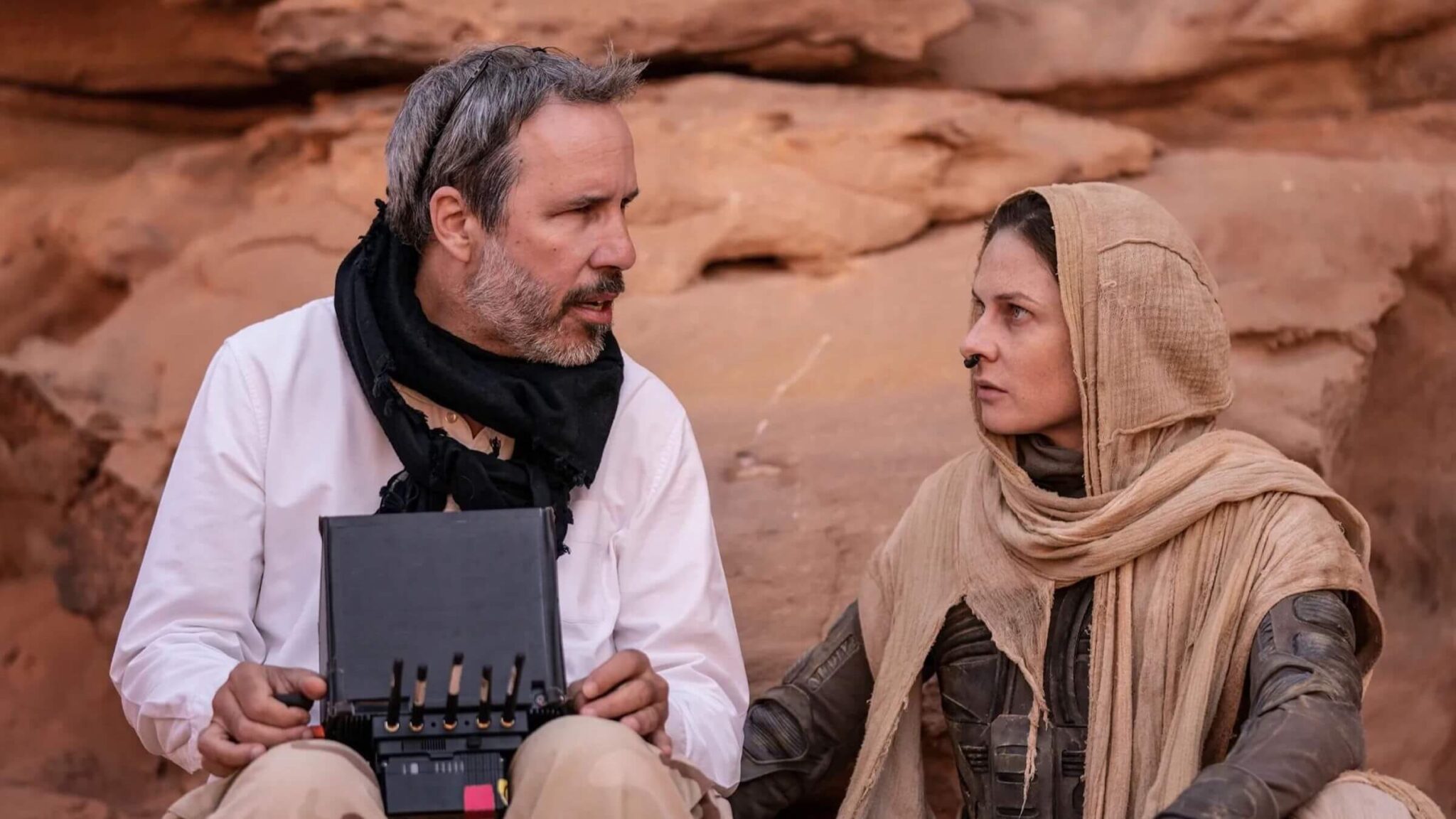Why a Cold Open Might Be Your Sci-Fi Script's Secret Weapon

It’s not easy to build a world. Just ask J.R.R. Tolkien, Isaac Asimov, George Lucas, or even the Wizards of the Coast. There are so many different aspects of worldbuilding, especially in science fiction and fantasy, from languages to magicks to the way political and social conflicts work out in such a setting. But no matter what kind of world you build, you’ll always need to make an impression on your audience. In television and film, that’s where the cold open comes into play.
The cold open, or the teaser, is a scene or sequence of a TV show or film that comes before the title sequence, basically dropping you right into the story immediately. It’s where the reader first gets the tone of your screenplay, and more importantly, a taste of the world you’re building. Just like every other choice you make, the way you execute a cold open affects the overall story. And, since it’s the first impression someone gets, those effects are lasting, for better or for worse.
Here are a few things to keep in mind as you write your own cold open for your sci-fi & fantasy scripts.
Tone and Genre
One of the first things that gets established in a cold open is the emotional direction of the story. Is it a comedic story? Is it an intense thriller? These questions can be answered directly with the way you portray your story.
Think about the first moments of Game of Thrones. There’s a distinct sense of dread in touch with the fantastic enemy the Night Watch first encounters. The suspense leading up to their discovery is one element of the tone, but the tone is also communicated in the reactions of the characters. Nothing is made light — there’s a sense of seriousness in tow. That’s one effect of the cold open. It sets your tone.
That’s why the camp factor of Buffy the Vampire Slayer pays off so well, too. It’s a comedy with horror-fantasy at the heart of it all: it makes jokes as often as it provides fight scenes and monster slaying. The opening of Buffy’s pilot, with a playful twist on the expectations of who’s a vampire, makes the teaser scene indicative of the playful spirit of the series as a whole.

'Game of Thrones'
The Backstory
Worldbuilding has a lot to do with history, and most fantasy and sci-fi worlds require some history to be injected. Whether it’s organically done with a visually evocative flashback, like in Supernatural, or whether it’s being narrated like in Peter Jackson’s Fellowship of the Ring, you’re going to get a sense of what’s happened before the main events of the story. A good cold open will even deliver this in ways that are reinforced organically throughout the story.
Now, you probably don’t want to rely on narration too much — J.R.R. Tolkien’s world of hobbits, elves, and evils unknown is both very in-depth and incredibly well thought-out over decades of work, so narration did the three-hour flagship film justice. But bear in mind that every world needs a little of that history to make things clearer. How you do that should reflect the type of story you’re telling: so if you need to keep a little mystery in the mix, think about that before you write a tell-all cold open.
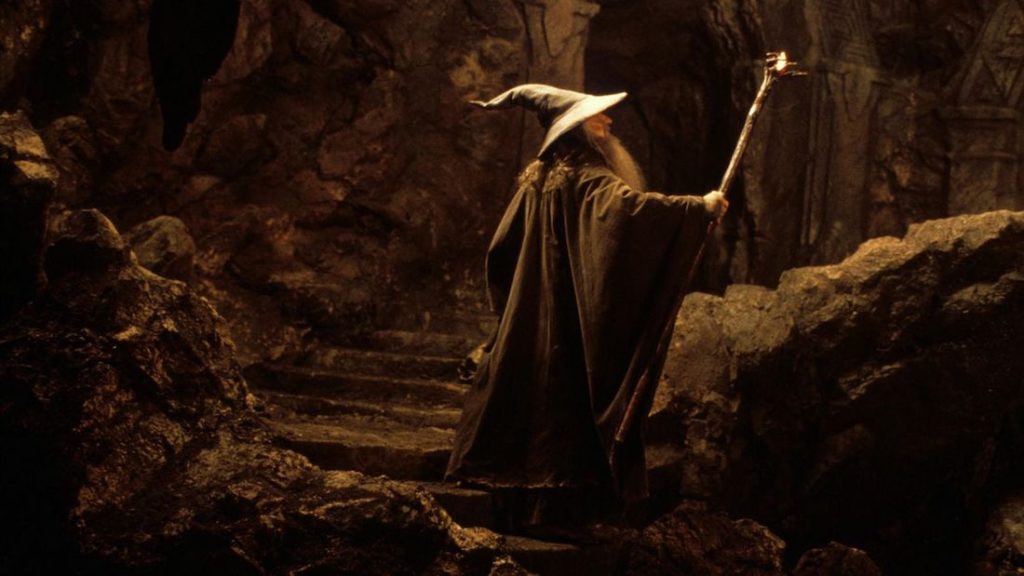
'The Lord of the Rings: Fellowship of the Ring'
The Rules
One of the more important things that worldbuilding relies on is a set of rules. How the world works, be it fantasy or science fiction, needs to be established through an understanding that’s common to the audience and the characters alike.
In a cold open, you can establish the rules a lot easier and more quickly than you normally would in a story. Whether it’s showing off the magic of a world, its limitations, or even bringing in a unique element like commonplace space travel, you’re able to use the first few minutes to introduce something that grips the reader’s attention and makes them aware of how the story world will work.
Conclusion
There are various reasons to include a cold open: fantasy and sci-fi stories benefit especially since it makes it easy to establish rules, build backstories, and even set the genre and tone of a story.
Remember, though, that the cold open is your first impression on an audience. A first impression is lasting, so you should only try to do this when you know what impression you’ll make. If you’re ready to make that impression, then it’s time you start writing your teaser and showing people a whole new world.
 David Wayne Young is an independent film producer and screenwriter with years of experience in story analysis, even providing coverage for multiple international screenwriting competitions. David's obsessions include weird fiction and cosmic horror, and he's formally trained in the art of tasting and preparing gourmet coffee in various worldly traditions, from Turkish coffee to hand-tamped espresso — all enjoyed while writing, of course.
David Wayne Young is an independent film producer and screenwriter with years of experience in story analysis, even providing coverage for multiple international screenwriting competitions. David's obsessions include weird fiction and cosmic horror, and he's formally trained in the art of tasting and preparing gourmet coffee in various worldly traditions, from Turkish coffee to hand-tamped espresso — all enjoyed while writing, of course.
Tags
Get Our Screenwriting Newsletter!
Get weekly writing inspiration delivered to your inbox - including industry news, popular articles, and more!














